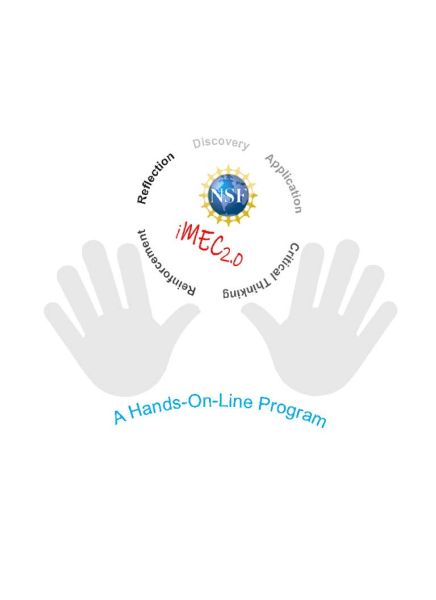
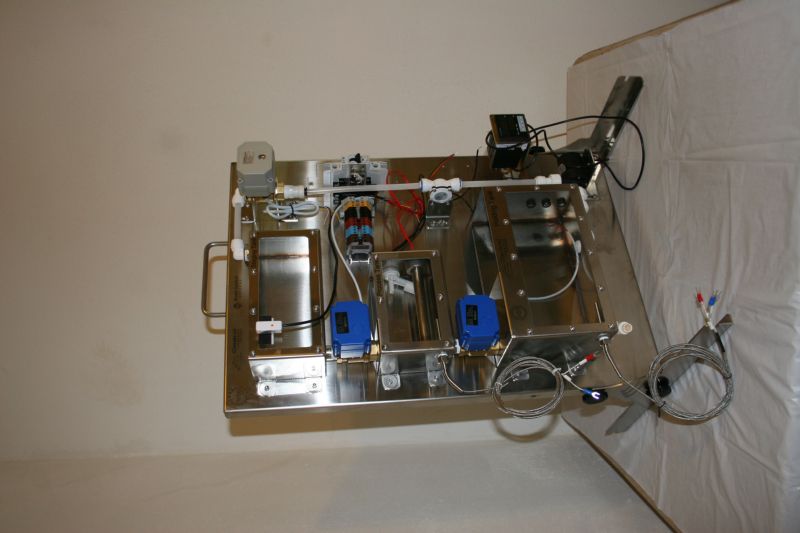
The National Science Foundation's Advanced Technological Education (ATE) program has been funding innovation at two-year colleges for over twenty years. With a focus on the education of technicians for the high-technology fields that drive our nation's economy, and strong partnerships between academic institutions and industry, ATE promotes improvement in the education of science and engineering technicians at the undergraduate and secondary school levels.
To learn more about ATE, please visit the NSF ATE program home page.
Manufacturing is a significant industry in both Minnesota and Nebraska, creating a strong demand for highly skilled mechatronics technicians. Mechatronics is a cross-disciplinary field that integrates principles of electrical, mechanical, computer, and control systems to design, develop, and maintain "smart devices" in automated manufacturing or process environments. Both South Central College in Minnesota and Central Community College in Nebraska have Mechatronics and Process Instrumentation and Control programs. However, the demand for mechatronics technicians continues to exceed the supply of graduates, creating a pressing need to expand the pipeline of skilled technicians. Prior to the current COVID-19 pandemic, the colleges were making progress on developing effective and efficient distance learning models for technician education. The resulting restrictions and disruptions have amplified the importance of developing high-quality technician education that can be supported via distance learning. In this project, the two colleges will collaborate to enhance accessibility to technical education programs and develop new pathways into mechatronics technical careers for high school students.
The project aims to increase the number of Mechatronics and Process Instrumentation and Control technicians by enhancing and expanding a high-quality/low-cost distance education model and creating a new pathway to Mechatronics programs in partnership with dedicated rural high schools. The project will be guided by three overarching considerations: strong industry demand hindered by a workforce skills gap; the need for distance technology coursework; and existing programmatic capacity upon which to build. The two colleges will align 12 credit hours of coursework from their existing Mechatronics programs for remote delivery, with a focus on recruitment and enrollment of students who cannot attend on-campus learning programs. The specific aims are to: 1) Develop state-of-the-art, low-cost, portable instructional units, known as Independent Remote Experiential Automation Labs (iREAL), which will enable hands-on learning, including for students in remote locations; 2) Establish a Business and Industry Leadership Team to provide active leadership related to the curriculum, iREAL trainer design, and equipment selection; 3) Engage industry personnel from food-processing, biofuels, energy, and manufacturing to mentor students; and 4) Provide substantive professional development workshops each year for 12-18 rural secondary educators that will lead to partnerships between the schools, a business mentor, and their partnering college. Expected project outcomes include: a new distance learning education model that will bring meaningful technical education to students at remote locations; development of dual enrollment capacity of secondary schools in mechatronics courses; documentation of project impact on high schools and industry; and mechatronics educational resources that are freely available on partner websites, and through relevant ATE Centers and ATE Central.
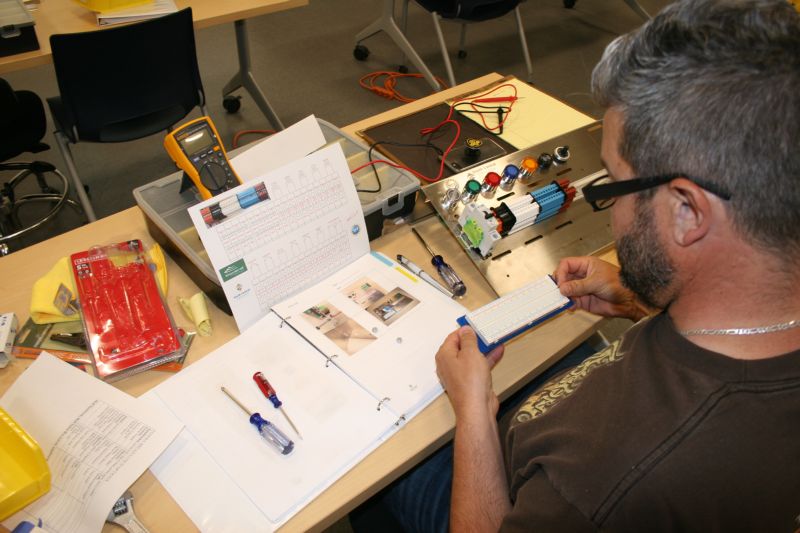
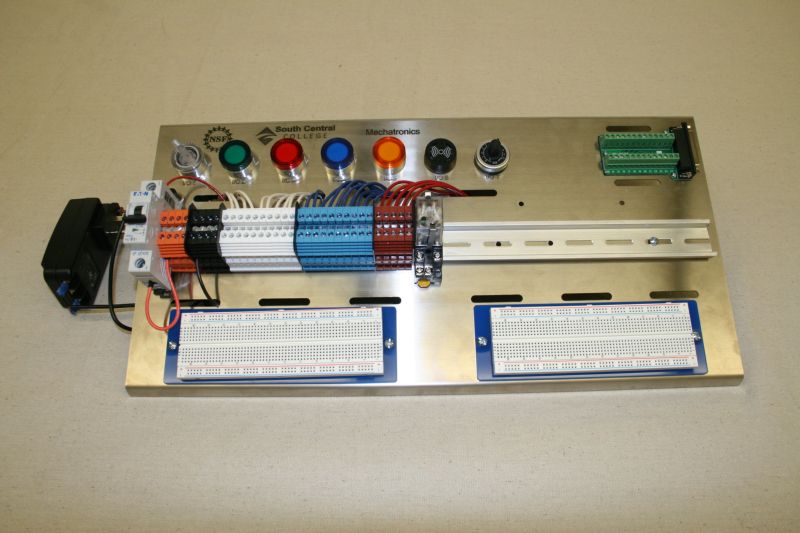
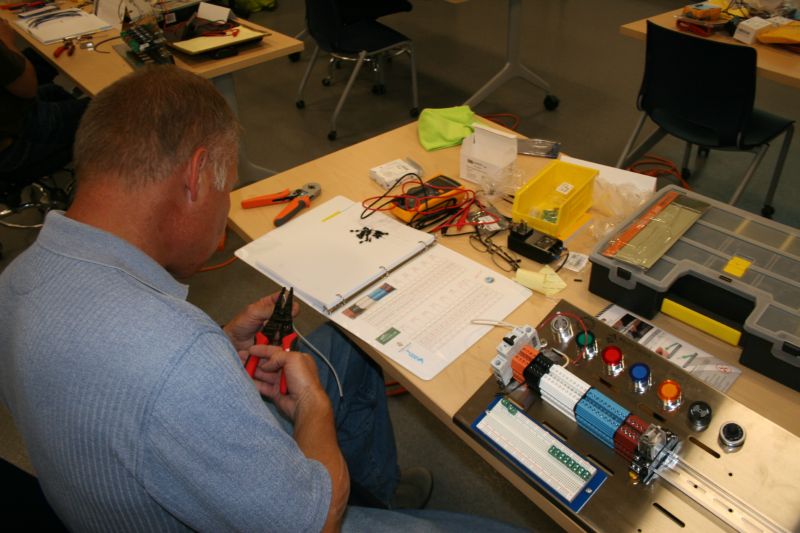
When Annette Parker, president of South Central College was approached by Doug Laven, a Mechatronics instructor to start a grant proposal for iMEC2.0, she was immediately supportive. What followed was an ATE grant that led to numerous developments. Learn more in this ATE Impacts video: